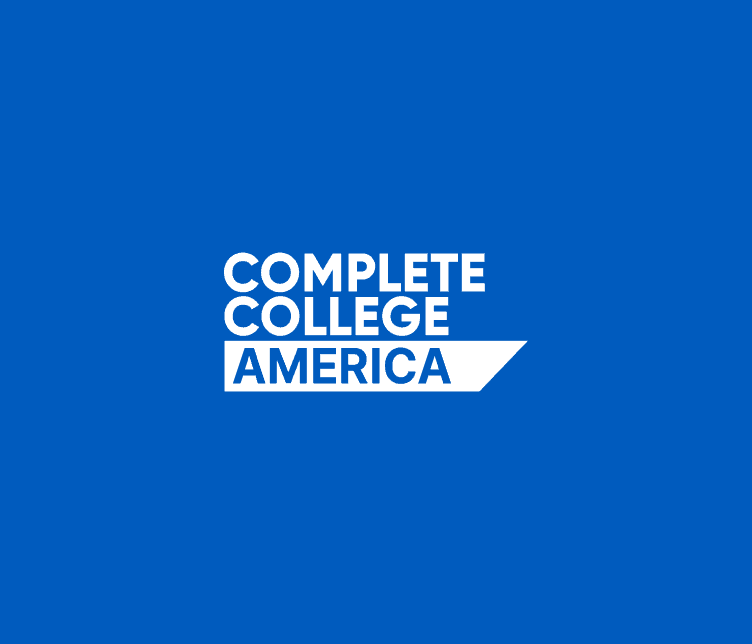By Sarah Ancel
CCA is well known for its #15toFinish work, from the campaigns spanning hundreds of campuses across the country to the policies taking hold in statehouses and system offices. I’ve been involved in enough of these conversations to know this: you get nowhere with 15 to Finish if you don’t first acknowledge the asterisk. There are students for whom this schedule won’t work. Returning adults, single parents, and others with complicated lives likely won’t be able take 15 credits each semester. Set those students aside, and you can have a productive conversation about encouraging students to take 15.
Last December, when CCA unveiled its new Game Changer specifically geared toward returning adults, some asked the question: How can CCA champion 15 to Finish AND also advocate for better serving returning adults? Isn’t there some conflict between these two ideas?
The answer is yes, but not for the reason you might think. Most would argue that adult students don’t have enough time to take 15 credits, but many adults are very, very good at finding time to do what they need to do. They might be writing a paper (or a blog post, ahem) at 2 a.m. or multi-tasking like crazy, but they can get things done.
There is a more fundamental challenge with 15 to Finish, and it’s not the number 15: it’s the number five. In a traditional academic calendar, earning 30 credits per year translates into five courses at the same time. That’s five professors to get to know, five sets of deadlines to remember, and five strands of new knowledge to internalize-not to mention five midterms and finals that all happen in the same week. During “syllabus week,” five classes might be manageable, but unless you can send your kids to your parents’ house during midterms, or take a vacation from work during finals, those intense weeks are tough – if not impossible – to pull off.
This leaves these adult students with a difficult tradeoff: make life-altering sacrifices to attend college full-time or go part-time with significantly greater long term costs and a lower likelihood of reaching graduation. In my opinion, that’s not just a tradeoff. That’s a really bad deal.
A favorite quote from the show House of Cards is “if you don’t like the way the table is set, turn over the table.” The table is now set in 16-week semesters. It is this constraint that makes the number 15 relevant to on-time completion and requires the challenging balancing of five. This table is set to give adult students two bad choices, so let’s turn it over. Let’s replace this shameful tradeoff with a third option. Let’s offer our adult students A Better Deal.
Campuses across the country have figured out how to solve the problem of five. Students take one course at a time, but they are four-week courses that run year-round. Another option is taking two eight-week courses at a time. Students have fewer professor relationships to manage at a time and fewer competing deadlines. The pace becomes less intense. There is no “syllabus week” and no weeks jam-packed with five high-stakes exams. And, when these compressed schedules are combined with predictable, consistent times on campus, adults CAN graduate on time.
Traditional programs that converted to compressed courses have seen enormous jumps in their on-time graduation rates. Bellevue College tripled its four-year graduation rate, from 25 percent to 75 percent, with compressed courses, regardless of whether students took the coursework in person or online. The University of Western Montana converted to this model and dramatically improved its graduation rate, with the majority of its students now taking 30 credits per year.
This deeper understanding of on-time completion for adults helps us answer the question at the beginning of this post. How do you reconcile your returning adult work with your commitment to 15 to Finish? It’s easy. The true commitment is not to the number 15, it’s to the outcome of on-time completion. If 15 to Finish won’t work for adults, then our campuses should implement the compressed, year-round schedules that do.
Let’s turn over the table. Let’s offer A Better Deal for Returning Adults.
Learn more about CCA’s Better Deal for Returning Adults framework in this recorded webinar or view the webinar presentation slides.


